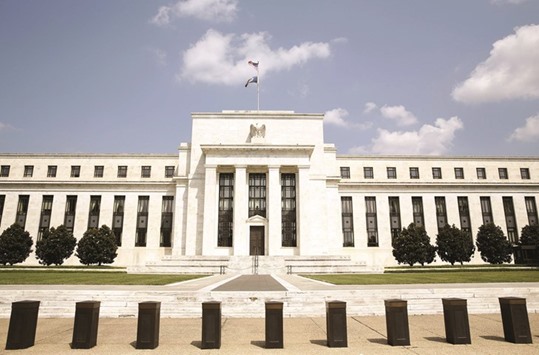Sales of hard-currency bonds by emerging-market issuers next year may outpace 2016 as strengthening commodity prices and companies refinancing maturing debt offset the drag from rising borrowing costs.
That’s the view from Citigroup, the bank that topped a league table compiled by Bloomberg for selling the most new developing-country debt this year. Citi helped arrange $54.4bn in local and foreign-currency emerging bond sales throughout 2016, including record sovereign transactions from Saudi Arabia and Argentina.
Oil trading above $50 per barrel, almost twice the lows hit in January, means improving economic prospects and better deal terms for commodity exporters who need to fund fiscal deficits including Russia and Middle-Eastern states, according to Citi.
Borrowers refinancing maturing 10-year notes issued in 2007, before the financial crisis dampened the market, and five-year bonds sold in 2012 when emerging Eurobond issuance jumped more than 50%, will also prop up sales, the bank said.
“We should expect to see more out of Russia and the CIS, a return of African issuance and continuing volumes from the Middle East,” said Samad Sirohey, Citi’s London-based head of debt capital markets for central and eastern Europe, the Middle East and Africa. “We expect issuance volumes overall in emerging markets to be flat to higher next year.”
Hard-currency bond sales from emerging markets in 2016 stand at a record $506bn, up from $382bn in 2015, according to calculations based on Bloomberg data.
Still, 2017 will present challenges that threaten to slow the market’s momentum. The Federal Reserve intends to raise US interest rates and may hike as early as this month.
That reduces the appeal of riskier developing-country securities and drives up borrowing costs. The average yield on emerging-market dollar bonds has already risen around 50 basis points since the US presidential election in November to 5.1%, according to a Bloomberg index.
“It is pretty safe to say that the most cost attractive window for emerging-market bond issuances has now passed,” said Stefan Weiler, London-based head of debt capital markets for central and eastern Europe, the Middle East and Africa at JPMorgan Chase & Co, which ranked fourth in the 2016 league table for deals in local and hard currency.
But JPMorgan still expects 2017 Eurobond volumes to hold up, supported by stabilising commodity markets and more than $170bn in corporate debt due to mature, up from about $108bn in 2016. The biggest sovereign sellers will be Indonesia, offering around $11bn, followed by Kuwait which may issue around $10bn in hard-currency bonds, the US bank said in an outlook published in November.
“Market conditions are likely to be more challenging while the need for funding will be higher,” Weiler said.
Even amid the threat of rising US rates and heightened political risk as Donald Trump heads for the White House, demand for new emerging-market bonds has held up enough to allow Mexico’s state oil company to increase an offer to $5.5bn from $4bn this week after being deluged with orders. Nigeria said on Wednesday it plans to issue $1bn next year in a deal managed by Citi, Standard Chartered Plc and Stanbic IBTC Holdings. Poland has also mandated banks for a transaction raising money for environmental projects and held investor meetings this week in Europe.
Emerging-market companies will probably sell around $320bn in Eurobonds next year while sovereigns may issue as much as $150bn, according to Sergey Dergachev, who helps oversee about $13bn in assets as a senior money manager at Union Investment Privatfonds GmbH in Frankfurt.
“Many issuers might be first time, like Kuwait, and it is always attractive to see debut issuers.” he said. “Interest should be huge.”

The Federal Reserve building is seen in Washington. The Fed intends to raise US interest rates and may hike as early as this month.
